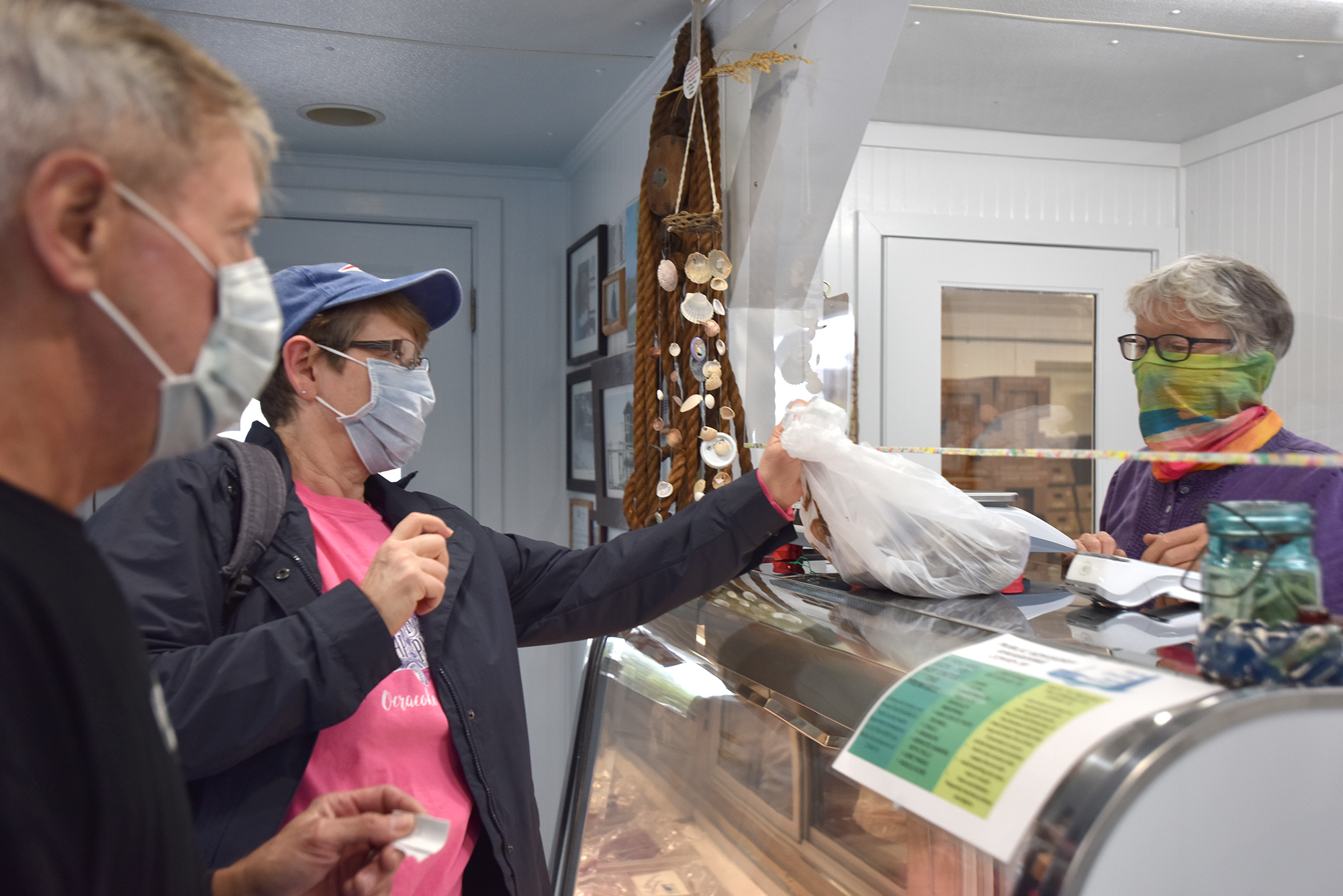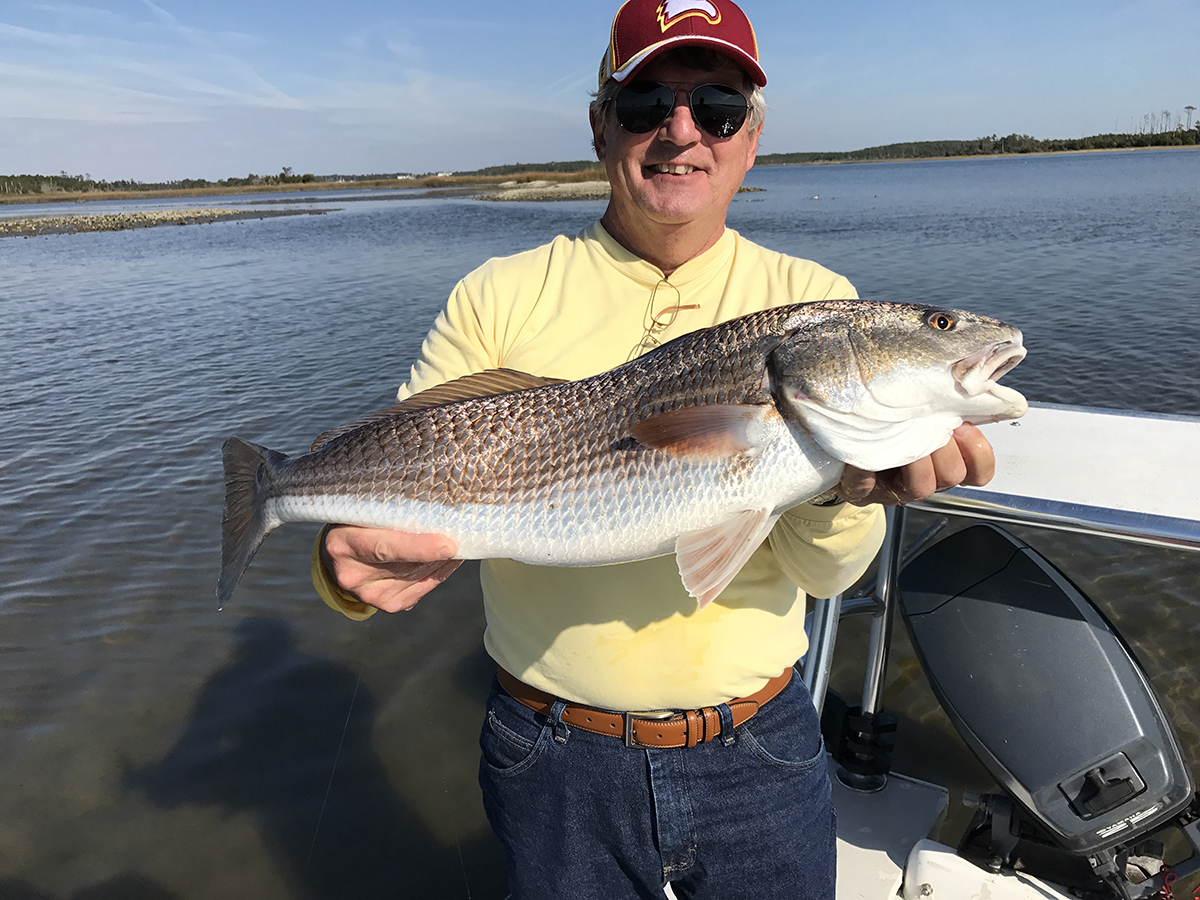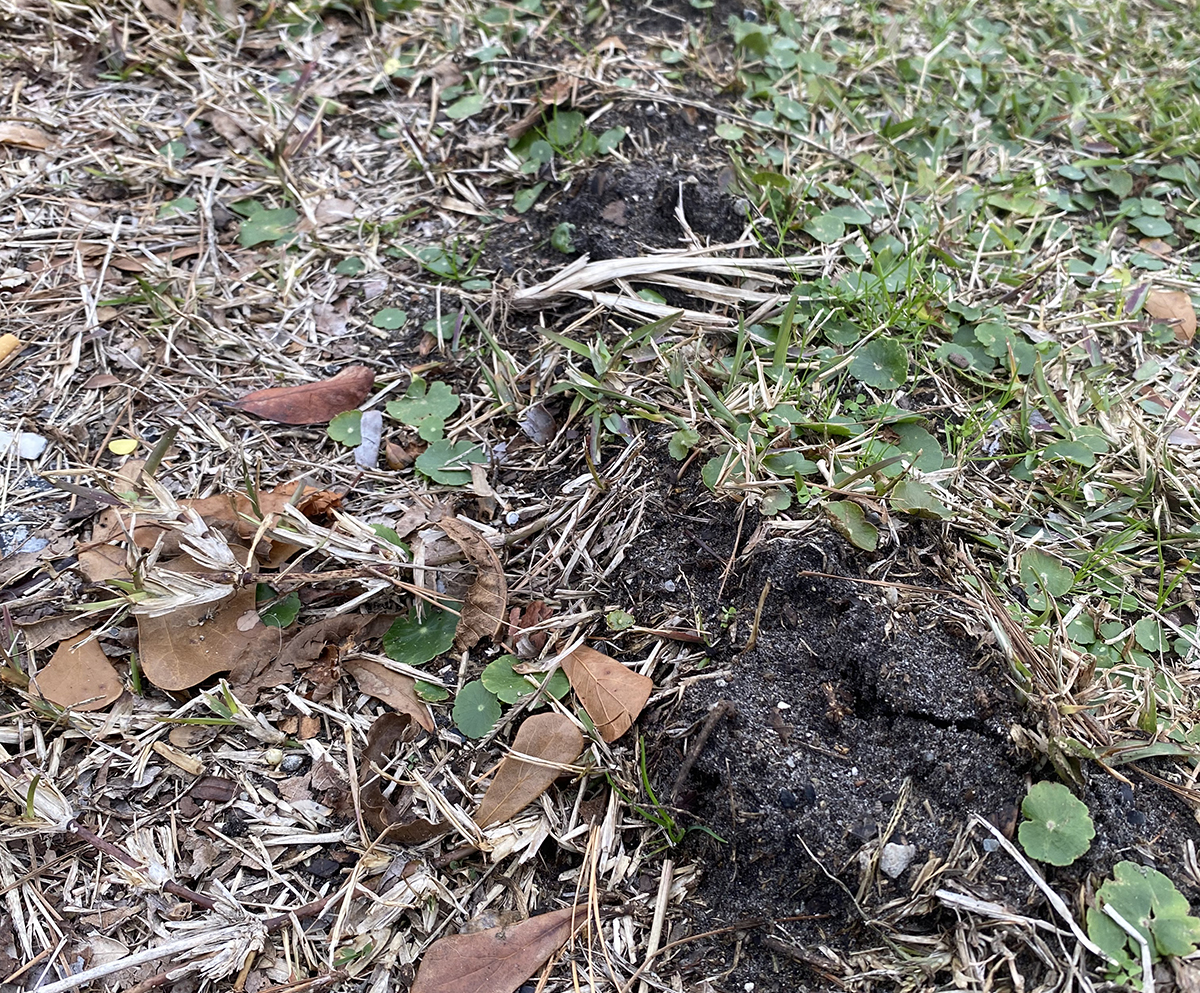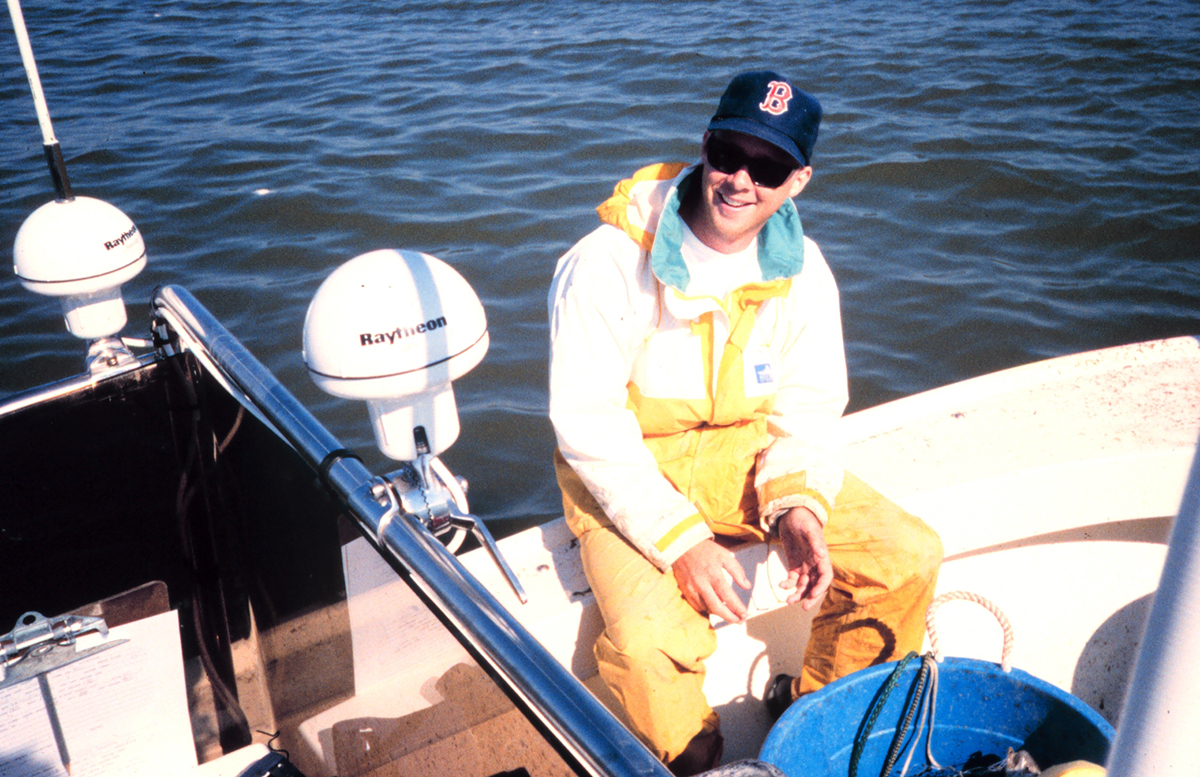
Recently, the New York Times profiled a rare and pleasant surprise for U.S. fisheries. Americans under quarantine are buying more seafood from stores.
In North Carolina, though, this ray of optimism may not be enough to keep our fishers afloat through the COVID-19 crisis. Restaurants purchase about 80% of domestic, locally caught seafood. With restaurants closed, and with social distancing recommended for the foreseeable future, North Carolina fisheries face uncertain times.
Supporter Spotlight

For North Carolina fishers, it is hard to imagine a worse time for COVID-19. Over the last year, I have read dozens of testimonies, held many conversations and listened closely to North Carolina fishermen, retailers and friends of our fishery. The general consensus, as I heard the head of the North Carolina Fisheries Association tell the audience at the 2020 NC Catch Summit, is that North Carolina fisheries are in a “pitiful state.”
A veteran of fishery management in our state told me that politics, not science, often guide the management of our fisheries. And fishermen’s voices are often underrepresented in the political squabbling. I caught the power of this sentiment back in March at the 2020 Catch Summit when the audience of fishers and seafood workers erupted with a standing ovation (the only one of the day) after Chef Ricky Moore called to give fishers a more meaningful voice in regulatory decision making.
This was a simple, but powerful call. North Carolina fishing communities have suffered tremendously over the last generation, and often feel that the state has targeted them. In Barbara Garrity-Blake and Susan West’s “Fish House Opera” an independent, Beaufort clammer powerfully summarizes this sentiment.
“Why are people with nothing the problem? I’ll tell you why. Because we are of no economy to the system.”
Indeed, trends in politics and economics have made it difficult for North Carolina fisheries. These trends typically favor larger firms and consolidated, vertically integrated operations with more disposable capital. For example, federal permits allocate catch shares for many species caught off of our coast, in federal waters, and these permits can cost hundreds of thousands –even millions — of dollars. Vessels must also be equipped with expensive “Vessel Monitoring Systems,” the cost of which is incurred by the vessel owner.
Supporter Spotlight
All of this favors larger firms and business that can afford such prohibitive costs. Similar stories abound for other forms of regulation on equipment and monitoring, from fuel to gillnets.
The market for local seafood is also artificially constrained. The triangle imports about 90% of all its seafood. North Carolinafishers are quick to point out the irony that much of this seafood is caught in places with very lax regulatory standards. Extremely weak labor protections and overfishing abound at sea, in many parts of the world.
For example, as I am exploring in my dissertation research, shrimp aquaculture in Southeast Asia is supported by severely exploited, often forced, migrant labor. These workers catch nonmarket “trash-fish” to feed input dependent shrimp farms. At any grocery store, Thai shrimp are much cheaper than North Carolina shrimp. We should ask why.
Overall, seafood supply chains at the global level are extremely complicated and difficult to manage due to geographic and political obstacles. Thus, if we want to promote sustainable seafood, we need to promote local seafood. Thankfully, our coast provides a more manageable alternative.
Sadly, that may not be an option for North Carolina, if trends continue. Today, the fleet is aging. The state issues fewer commercial licenses every year, and finfish captures have declined precipitously. The only thing that seems to be increasing are the permits that, often, only the richest, often nonlocal, operators can afford.
The social consequences of fishery decline are also drastic. According to my preliminary analyses for N.C. State’s Center for Environmental Farming Systems, fishery decline corresponds to neighborhood inequity and persistent poverty. Furthermore, what happens to a small, rural community when a center of commerce and social bonding, like a fish house, closes down? There are economic and cultural losses, the latter of which are even more difficult to recoup.
COVID-19 exacerbates all these trends. Recently, I sat in on a virtual, state seafood task meeting. I expected bad news, but was still shocked at the extent of the crisis. With restaurant closures, 90-95% of shellfish market sales have evaporated. Due to a lack of in-state processing operations, commercial fishery supply chains in North Carolina are simply not set up for grocery stores. Roughly 75% of the traditional market disappeared, and much of it may not return, due to COVID-19.
Currently, the most meaningful action our state government should take is to purchase seafood from our coast and distribute it to those in need. This could occur at institutions that the state already provides food for, such as hospitals, prisons, schools, food banks and homeless shelters. Our fishers are catching fish, they just need a market. The state can fill this role and promote food security and public health at the same time.
North Carolina should also work with our fisheries to establish affordable sustainability certifications, which many grocery stores require for seafood products. This would save fishers time and money. Other measures, such as collaborative investment in the creation of seafood processing and distribution infrastructure, would help to develop local, sustainable seafood as well.
The state should also continue to expand its investment in education for consumers on the often unappreciated value of local fisheries. Customers will often go to Locals Seafood in Raleigh and ask “where’s the salmon?” or “what is mullet?”—seafood retailers and restaurants consistently express that this lack of embedded knowledge with the local environment serves as a persistent obstacle to selling North Carolina seafood.
Ultimately, this will all require valuing our fisheries and the diverse and working class communities that have made them what they are for generations. We can do that, and promote sustainable seafood, food security, and get through this difficult time together, by supporting North Carolina Fisheries.
To stimulate discussion and debate, Coastal Review Online welcomes differing viewpoints on topical coastal issues. See our guidelines for submitting guest columns. The opinions expressed by the authors are not necessarily those of Coastal Review Online or its publisher, the North Carolina Coastal Federation.







